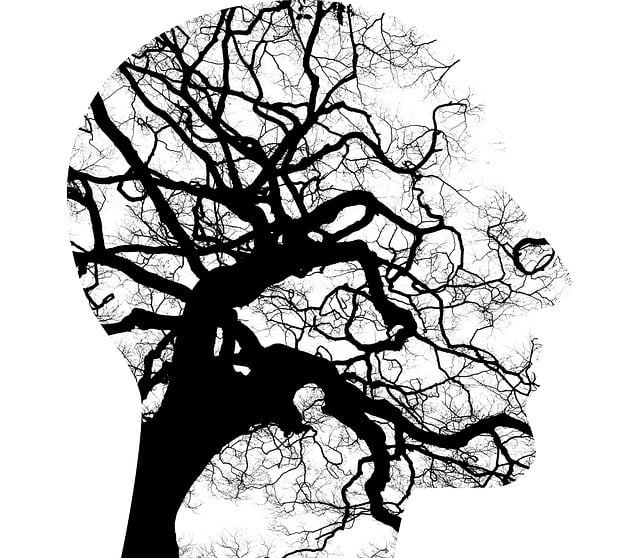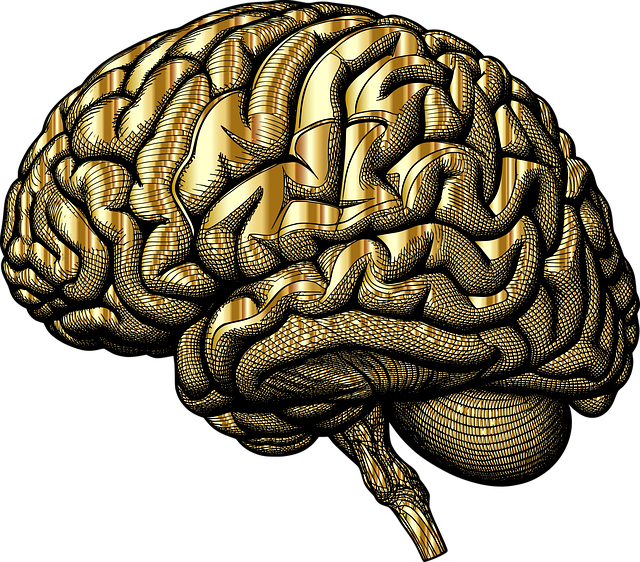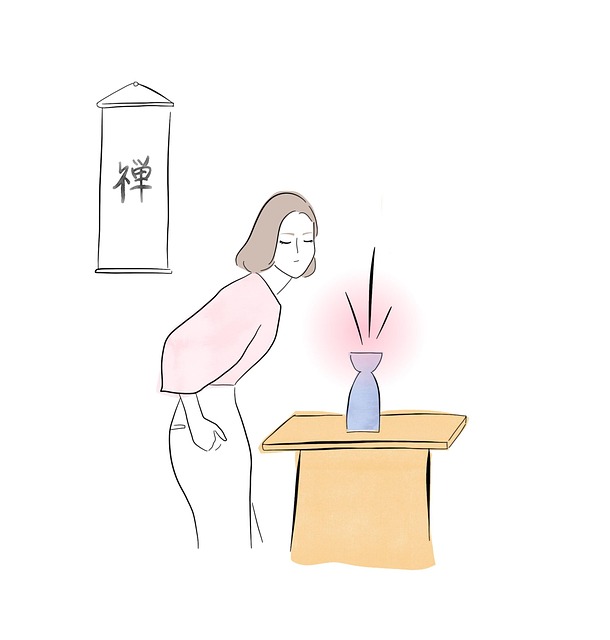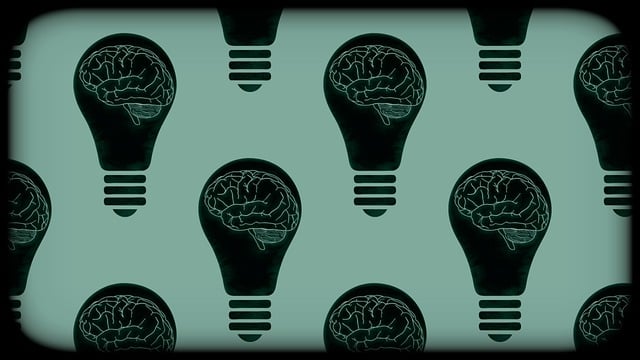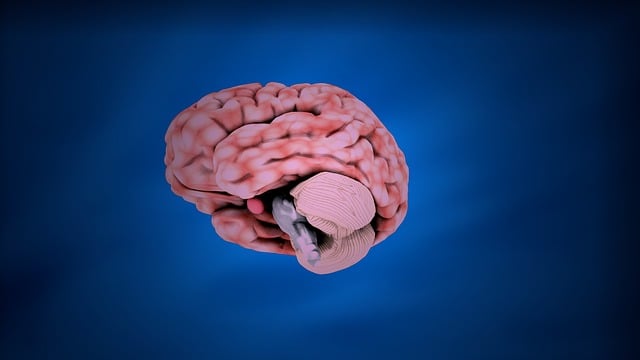Postpartum depression (PPD) is a common mental health issue in new mothers, characterized by sadness, anxiety, and exhaustion. Recognizing symptoms like mood swings, changes in appetite/sleep, and self-harm thoughts is crucial for help-seeking. Specialized therapies like Parker Postpartum Depression Therapy offer tailored support, safe spaces, and evidence-based practices to promote recovery. Cultural competency training for healthcare providers ensures inclusive care. Combining professional therapy with competent delivery enhances holistic PPD treatment.
Mental illness, especially postpartum depression (PPD), can be a daunting challenge. For Parker, navigating this journey requires understanding and support. This article guides you through crucial steps in recognizing PPD symptoms and seeking help promptly. We explore effective treatment options and emphasize the vital role of professional support. From finding the right therapist to fostering recovery strategies, learn how Parker’s path can be illuminated with the right care.
- Understanding Postpartum Depression: Recognizing Symptoms and Seeking Help
- Navigating Treatment Options: Effective Strategies for Recovery
- The Role of Professional Support: Finding the Right Therapist for Parker's Journey
Understanding Postpartum Depression: Recognizing Symptoms and Seeking Help

Postpartum depression (PPD) is a common yet often overlooked mental health issue that can significantly impact new mothers. It’s more than just feeling overwhelmed after giving birth; it’s a serious condition characterized by persistent sadness, anxiety, and exhaustion. Recognizing the symptoms is crucial for effective management. Many women may experience a range of feelings, including extreme mood swings, loss of interest in activities they once enjoyed, difficulty concentrating, changes in appetite and sleep patterns, and, in severe cases, thoughts of self-harm or suicide.
Seeking help is an essential step towards recovery. Encouraging open conversations about mental health can reduce the stigma associated with PPD. Women should be educated on available resources, such as Parker Postpartum Depression Therapy, which offers specialized support. Additionally, risk management planning for mental health professionals plays a vital role in ensuring adequate care for new mothers. By addressing these concerns and promoting self-esteem improvement, mental illness stigma reduction efforts can greatly benefit those struggling with PPD.
Navigating Treatment Options: Effective Strategies for Recovery

Navigating treatment options is a crucial step in the recovery process for individuals dealing with mental illness, particularly postpartum depression. The journey towards healing involves understanding and utilizing various therapeutic approaches tailored to one’s unique needs. One effective strategy is integrating Parker Postpartum Depression Therapy, which focuses on addressing specific challenges faced by new mothers. This therapy provides a safe space for women to explore their emotions, gain insights into their experiences, and develop coping mechanisms.
Additionally, fostering cultural competency among healthcare providers plays a pivotal role in navigating treatment successfully. Cultural Competency Training equips professionals with the skills to deliver sensitive and effective care, considering the diverse backgrounds and beliefs of patients. This training emphasizes the importance of understanding cultural influences on mental health, ensuring that risk assessments for mental health professionals are comprehensive and inclusive. By combining specialized therapy like Parker Postpartum Depression Therapy with competent healthcare delivery, individuals can access holistic support, fostering better emotional regulation and overall well-being.
The Role of Professional Support: Finding the Right Therapist for Parker's Journey

For individuals like Parker struggling with postpartum depression, professional support plays an indispensable role in their journey towards recovery. Finding the right therapist is a pivotal step, akin to discovering a compass in a maze. The ideal therapist should not only possess expertise in treating postpartum depression but also demonstrate empathy and understanding, creating a safe space for Parker to express her feelings without judgment. This therapeutic relationship forms the foundation for Parker’s healing process.
The search for the right therapist involves considering factors like their approach, experience, and the type of therapy offered. Some therapists specialize in specific techniques tailored to address self-esteem issues commonly associated with postpartum depression. Through evidence-based practices, these professionals guide individuals toward building inner strength and fostering positive self-perception. Mental health education programs designed within sessions can equip Parker with valuable tools to manage her symptoms effectively.
Navigating mental health challenges, such as postpartum depression, can feel overwhelming. However, with the right tools and support, recovery is achievable. For Parker, finding the appropriate therapy was a game-changer, emphasizing the vital role professionals play in this process. By recognizing symptoms early and seeking assistance, individuals like Parker can embark on a journey towards healing and rediscover life’s joys. Remember that there is no one-size-fits-all approach to treatment; thus, exploring various options ensures an effective strategy for recovery. In light of the above, understanding postpartum depression and accessing available resources are crucial steps toward managing this condition.
